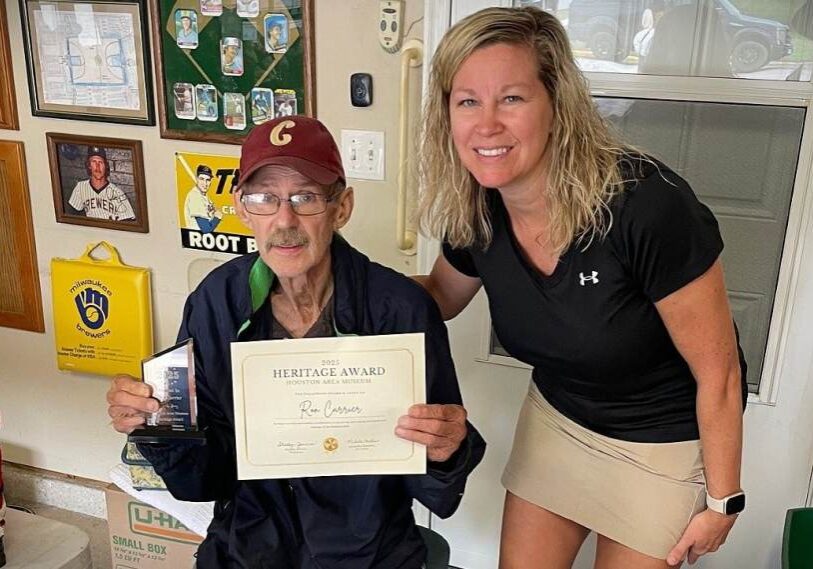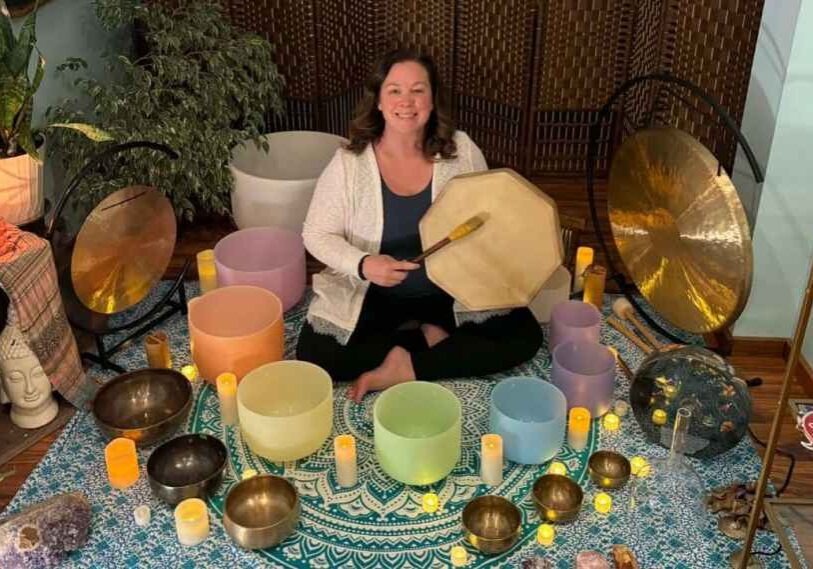Essay | Listening is Doing Something

ROOT RIVER VALLEY — Nationally and locally, in southeast Minnesota, one in three women and one in seven men have experienced domestic abuse. And those are only the ones that report. There are more that don’t know they can report or do not have access to reporting or are told no one will listen. For those who have not experienced it, it is hard to understand why people stay in those situations.
According to the local women’s shelter and support center, domestic violence is the willful intimidation, physical assault, battery, sexual assault, and/or other abusive behavior as part of a systematic pattern of power and control perpetrated by one intimate partner against another. It includes physical violence, sexual violence, threats, intimidation, and emotional or psychological abuse. The frequency and severity of domestic violence varies dramatically.
It is about gaining power over someone else. The victims never feel they are on enough ground to think clearly.
It happens in small communities because abusers try to isolate their partners. The abusers could even be outstanding members of the community and would be believed over the victim.
Where can they go? Why do they stay? Where are they safe?
- Going to a hotel is too expensive.
- Going to a friend’s house is temporary and could put friends at risk.
- Going home to parents can subject the person to judgment such as, “Remember your marriage vows.”
- Seeking guidance from church can lead to more judgment if the victim is told to forgive without having an opportunity to process and heal spiritually.
- Going to a shelter requires having the contact information and transportation to get there.
- Living in the car is not home.
- Being homeless is not home.
Guilt is real
Victims often blame themselves by thinking: “I should have seen the signs.” “If I leave, I am depriving the children of their other parent.” “I can fix this if I stay.” “The abuse is my fault – if only I had…”
For every putdown someone receives, it takes many more compliments to reduce the feeling of worthlessness.
Among the dos and don’ts when someone shares their story of abuse with you: Listen with compassion. It is not helpful to give advice, silence them or judge them. In fact, they can feel betrayed if you do that.
LISTENING IS DOING SOMETHING. It is giving the victims dignity and a first step to realizing they have agency.
It may take years, so be patient and keep listening.








